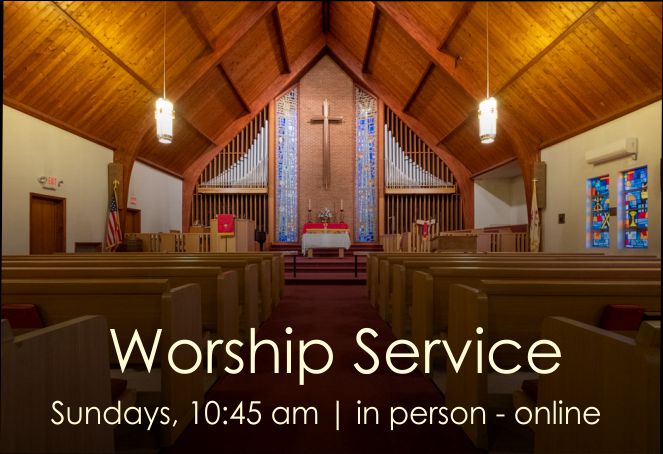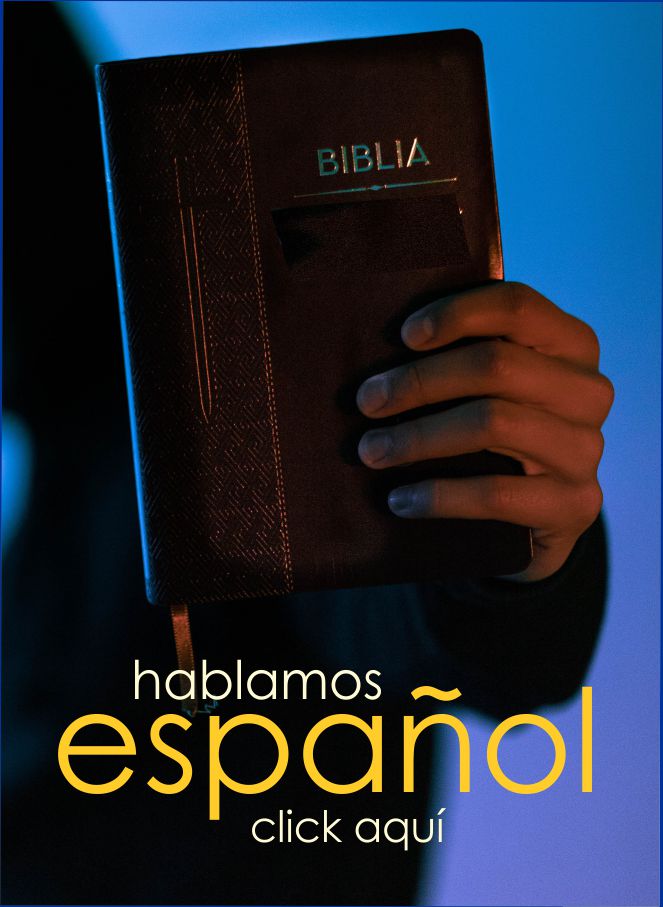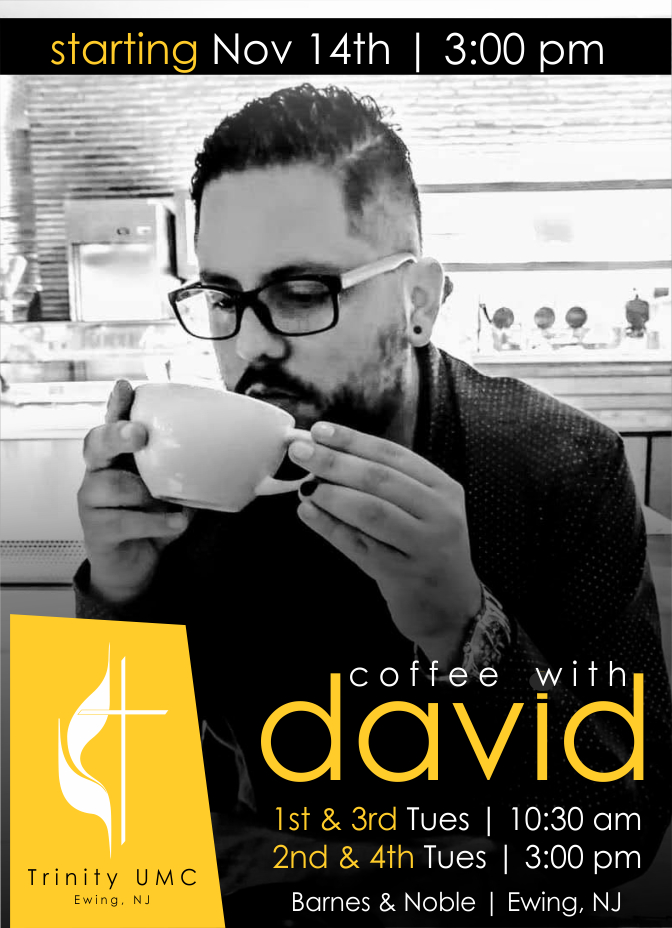Keeping promises…

In Mark 6:14-29, the author tells a story about a powerful king, who decides to keep a promise, even against his will. We often read the story from the perspective of John the Baptist, the prophet who was killed. But what if we shift our focus to King Herod’s family dynamics?
King Herod, influenced by a rash promise and his wife’s manipulations, ends up ordering the death of an innocent man. Herodias, his wife, holds a grudge against John and uses her daughter to achieve her vengeful goal. The daughter, obeying her mother’s wishes, asks for John’s head without asking any questions to understand the consequences.
Here are two pieces of advice drawn from this story:
Please, do not always keep your promises.
Please, do not always obey your parents.
While keeping promises and obeying parents are generally seen as good and moral actions, in this case, they led to a great injustice. Herod’s adherence to his promise resulted in the death of a righteous servant of God. Similarly, Herod’s daughter blindly following her mother’s command contributed to this tragedy.
This story teaches us that rather than strictly following a list of rules (law), God wants us to discern what is good and what is evil. John Wesley referred to this as the moral law. But how do we discern what is good and what is evil beyond the written law?
In the Methodist tradition, there are four key aspects to consider for successful discernment: Tradition, Scriptures, Reason, and Experience.These elements should not be followed in isolation but together to guide our decisions. While following rules is easier, creating a discernment process allows us to face the consequences of our actions with greater responsibility and understanding.
Tradition
Tradition encompasses the teachings and practices that have been passed down through generations of Christians. It provides a historical context and a rich heritage of wisdom. However, tradition should not be followed blindly. For example, if a traditional practice conflicts with the principles of love and justice, we should re-evaluate its relevance today. In the case of Herod, if he had reflected on the harmful consequences of his promise, he might have realized that tradition (honoring a promise) should not override the moral imperative to preserve life.
Scriptures
Scriptures are the foundation of Christian faith, offering divine guidance and wisdom. By studying the Bible, we gain insights into God’s will and the principles we should live by. However, interpreting scriptures requires careful consideration and context. For example, Jesus’ teachings emphasize love, mercy, and forgiveness. If Herod had considered these values, he might have understood that keeping his promise to kill John the Baptist contradicted the core message of the scriptures.
Reason
Reason involves using our intellect and critical thinking to make informed decisions. It requires us to evaluate the consequences of our actions and consider the ethical implications. For instance, Herod could have reasoned that fulfilling his promise would result in an unjust death and lasting regret. Applying reason helps us navigate complex situations where moral clarity is needed, ensuring our decisions align with God’s will.
Experience
Experience refers to the insights gained from our personal lives and the lives of others. It includes learning from past mistakes and successes. For example, if Herod had reflected on past instances where he witnessed the negative outcomes of rash promises or blind obedience, he might have made a different choice. Experience helps us develop empathy and compassion, guiding us to make decisions that promote the well-being of others.
Applying These Principles
Let’s consider a modern example. Suppose you promise a friend that you will support them in a dispute, but later discover that your friend’s actions were unjust. Tradition might compel you to keep your promise, while scriptures call for justice and fairness. Reason suggests that supporting your friend could harm innocent parties, and your experience teaches you that honesty and integrity are vital. By integrating these aspects, you discern that breaking your promise, though difficult, is the right choice.
In another scenario, a parent might instruct their child to deceive others to gain an advantage. Tradition and the desire to obey parents might push the child to comply. However, scriptures teach honesty, reason reveals the harm caused by deceit, and experience shows that truthfulness builds trust. In this case, discerning the right action involves respectfully challenging the parent’s request.
By considering tradition, scriptures, reason, and experience, we move beyond rigid rule-following to a deeper understanding of God’s will. This process empowers us to make morally sound decisions, even in complex situations. While following rules is easier, creating a discernment process allows us to face the consequences of our actions with greater responsibility and understanding, ultimately aligning our lives more closely with God’s love and justice.
Warmly,
Rev. David Gaitan









